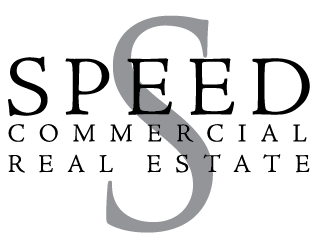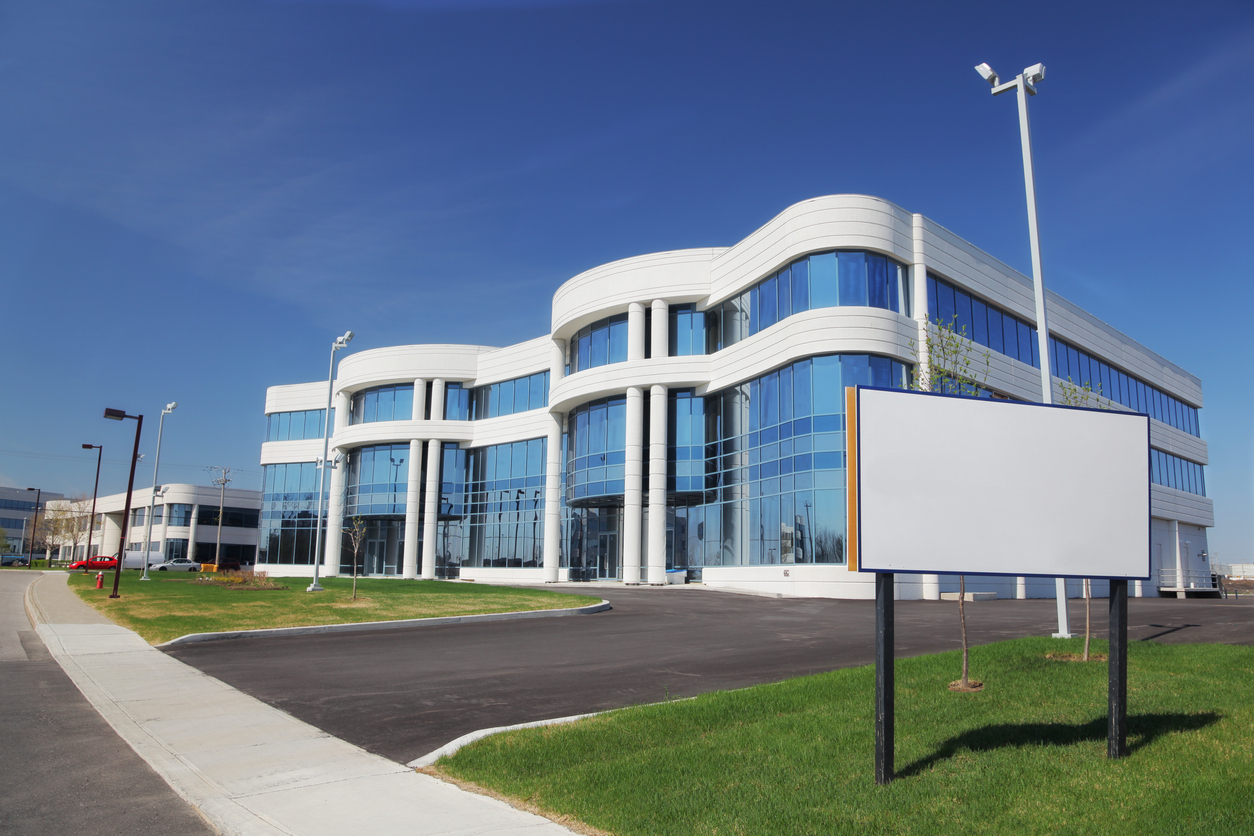Industrial property leases are different from residential leases. Today, we’ll cover different types of commercial / industrial property leases you might find here in Jackson, MS. We’ll try to touch on everything you should know before getting involved in an industrial property lease.
This article is geared towards inexperienced lessors / lessees. If you’re a young entrepreneur expanding out of your garage, or a future CRE mogul looking to build a commercial property empire in Jackson, you’re in the perfect place! If you’re an expert in property management already, visit our other blogs for more advanced topics.
Let’s get started with a few basic definitions.
Language Used in Industrial Property Leases, For Newbies
You’ll need to be familiar with these terms as you move forward with a commercial property lease.
The lessor is the owner of the commercial property. The lessor can be a human or an organization. Any specific responsibilities they have will be in the contract, so read it thoroughly. These could include issues like:
- Security
- Property taxes
- Cleaning services
- Landscaping / gardening
- Certain utility bills
- Building upgrades
The lessee is the person (or business) who is leasing the property. In addition to paying the rent on time, the lessee might be responsible for:
- Property taxes
- Utility bills, wholly or partially
- Property insurance or business insurance
The agreement between the property owner and the lessee is a contract, and it is legally binding. For instance, if your commercial property lease spells out that you’re responsible for the property taxes, and you neglect to pay them, you can be sued by the property owner.
Elements of an Industrial Lease Contract
Since industrial property is used differently than a home, commercial leases have more components, and contracts are specific to each tenant. There is no required format for the contract, but most cover these elements:
- Leases can be short-term or long-term. They can last for 30 days or two years. Regardless of the length of the lease, it will have specific beginning and end dates.
- An industrial property lease will specify the cost of rent, usually monthly. Remember, some landlords include property insurance and taxes in the rent, others don’t.
- The lease should designate which party is responsible for repairs.
- It should clarify who is responsible for paying for building maintenance.
- The lease will usually include specific language about subleasing or conditions of default that can protect your business. Subleasing / subletting is the act of renting out a portion of the property to a third party — like renting one room of the industrial space to your brother-in-law for profit. This may or may not be allowed.
Most leases include a section that discusses your options for renewing the lease after a certain length of time. Your future renewal terms are usually somewhat negotiable with the lessor, especially if you’re a quality tenant who pays the rent on time. But they are an essential guideline for your long term business plans.
Now, let’s get into industrial lease contract types.
Types of Industrial Property Leases
Again, commercial property leases may work differently than a typical residential lease. As an entrepreneur, you should understand different types of industrial property leases. This will make your discussions with the property owner more comfortable and help you decide which type of lease will work best for your business.
Per Indeed.com, common lease types are:
- Full-service: the tenant is only responsible for the rent. The landlord covers all other costs associated with the property. This is the most common type of industrial lease. It provides the most protection to tenants. (We’ll talk more on that in a moment.)
- Single net lease: the tenant pays for rent and property taxes.
- Double net: the tenant pays for rent, property taxes, and property insurance.
- Triple net: the tenant is responsible for rent, insurance, taxes, and property maintenance costs.
- Percentage: the tenant pays a pre-determined base rent, plus a portion of their overall sales. Percentage leases are more common in retail spaces, but they’re not unheard of in the manufacturing sector.
If this is your first time leasing industrial space, you’ll probably be most comfortable with a full-service contract. This leaves you with a single rent payment and no concerns about the landscaping, roof repairs, property insurance or taxes.
However, full-service leases do come at a cost! If money is tight (when is it not?) you might find a more affordable option with a single, double, or triple net contract. An overwhelmed landlord might be eager to shrug the responsibilities of taxes and maintenance. Still, as commercial real estate pros, we’d suggest you move forward very carefully with these types of contracts. Building maintenance and repairs can get costly — and savvy lessors know it.
It’s important to look at several industrial spaces in a neighborhood before making your choice. Even if you don’t know the contracts’ specifics at each property, you’ll get a good idea of the price per square foot and amenities available.
Then, it’s time to get down to the brass tacks of negotiation.
Negotiating the Lease
You don’t need to accept the first contract a landlord offers. Here are a few tips for negotiating industrial property leases:
- Read the entire contract, ask questions, and sleep on it before you sign.
- Landlords can hide fees in complicated “legalese.” Get a lawyer or CRE professional involved.
- If a landlord is firm on rent price, you might be able to negotiate for extra benefits, like an allowance for renovations.
Finally, remember that you don’t need to be a lawyer to lease a great industrial space.
Here at Speed Commercial Real Estate in Jackson, we know that most lessees aren’t attorneys. If you don’t speak fluent “legalese,” that’s okay! The staff at Speed is ready to help you understand industrial space leases and negotiate the best bang for your buck. Whether you’d prefer a massive, modern facility or a historic property, we’re ready to help you find the right Jackson area industrial space. So let’s talk!
Related Reading & Resources:
Indeed.com: An Entrepreneurs’ Guide to Leases for Commercial Property
NeighborhoodScout.com Jackson, MS Appreciation and Housing Market Data

